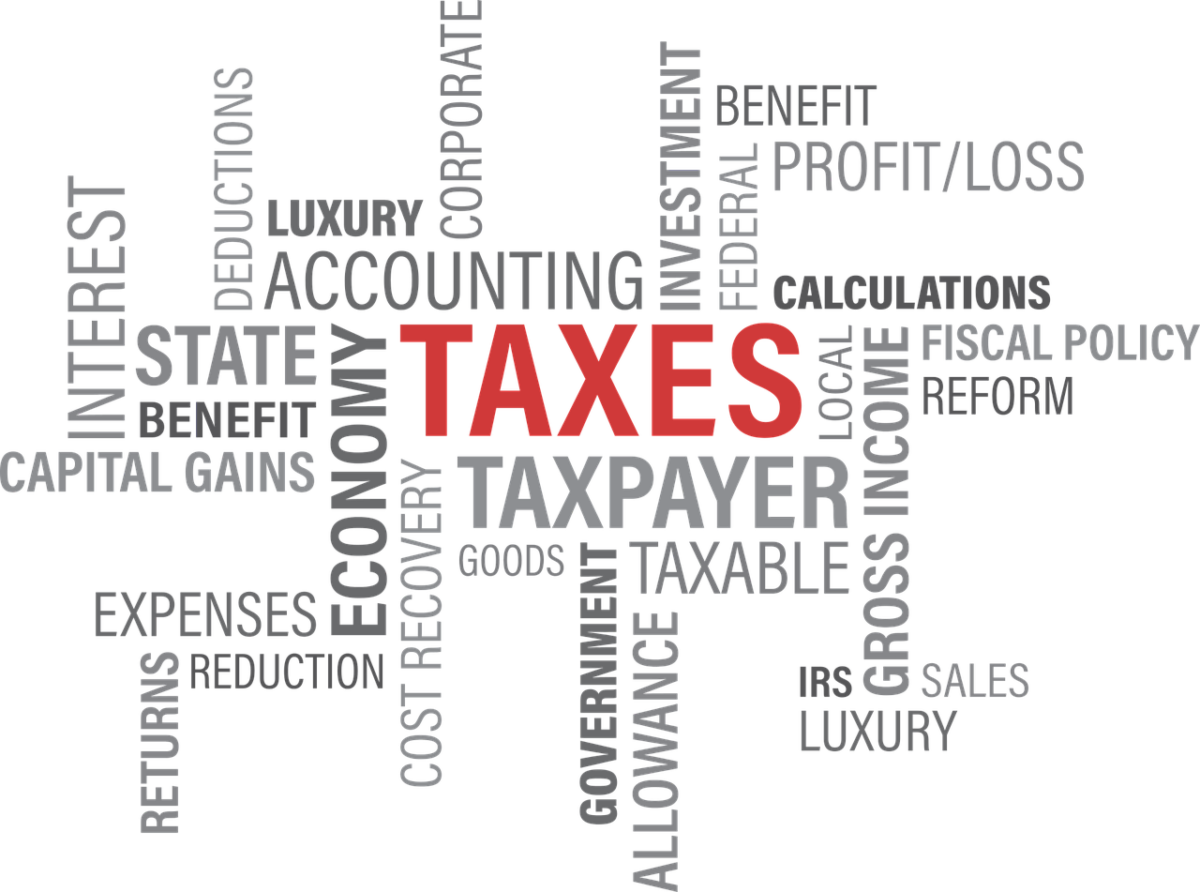No business owner wants to pay more in taxes than necessary, but many are losing out on ways to reduce their tax burden without even knowing it. The following are just some of the ways that small business owners can reduce their company’s taxable income.
Health Insurance
The cost of health insurance isn’t cheap, but it can help small business owners reduce their company’s taxes. The IRS allows a deduction for people that are self-employed and pay for their own health insurance. That includes premiums for medical, dental, vision, and even long-term care coverage. The coverage extends to spouses and children age 26 and younger covered under the policy. This is especially important for people that are gig workers, independent contractors and freelancers, all of whom are considered a small business by the IRS.
Retirement Savings
If you have no employees, you can establish a single participant 401(k), also known as a SOLO 401(k). You might also be eligible to deduct your contribution to an employee retirement plan. Other options include the Self-Employed Individual Retirement Account, also known as a SEP IRA, Roth IRA and traditional IRAs. There’s also a Saver’s Credit for which you may be eligible due to your retirement contributions.
Qualified Business Income Deduction
Also known as the Section 199A deduction, you may be eligible for it if you claim your business income on your personal income tax return. It’s available for sole proprietorships, partnerships, LLCs, and S corporations.
Home Office and Depreciation
Operating a business out of your home can net you deductions in a variety of ways. It’s possible to deduct a portion of your home dedicated to the business, internet service, business phone, office supplies, and similar bills that are necessary for the operation of the business. You can also deduct depreciation of your office equipment and assets essential for conducting business.
At Peavy and Associates PC our mission is to assist you with all your tax preparations, payroll and accounting needs. We provide our clients with professional, personalized accounting services and guidance in a wide range of financial and business needs. Give us a call today (843) 347-0849 and discover why our clients return to Peavy and Associates, PC year after year!










